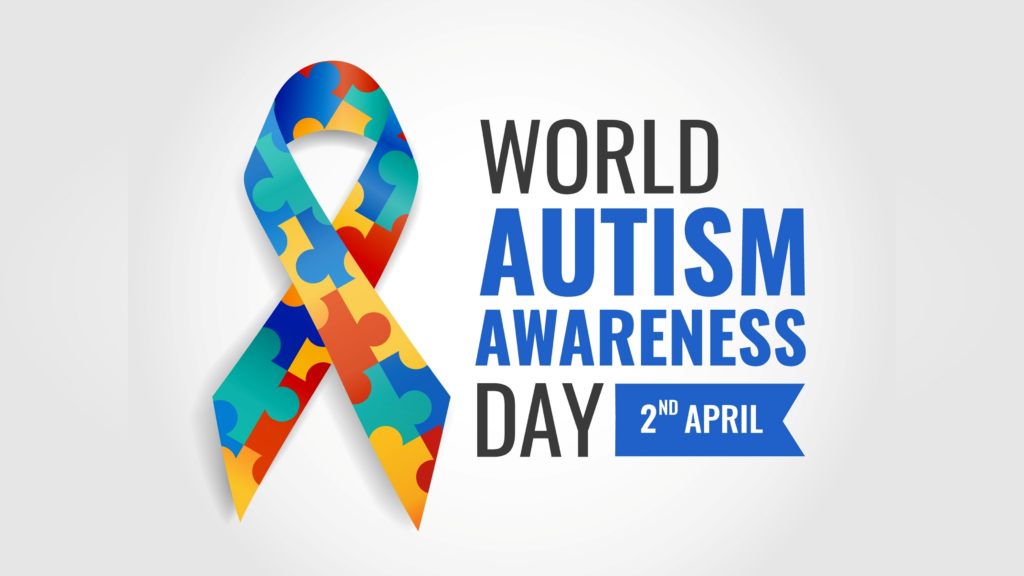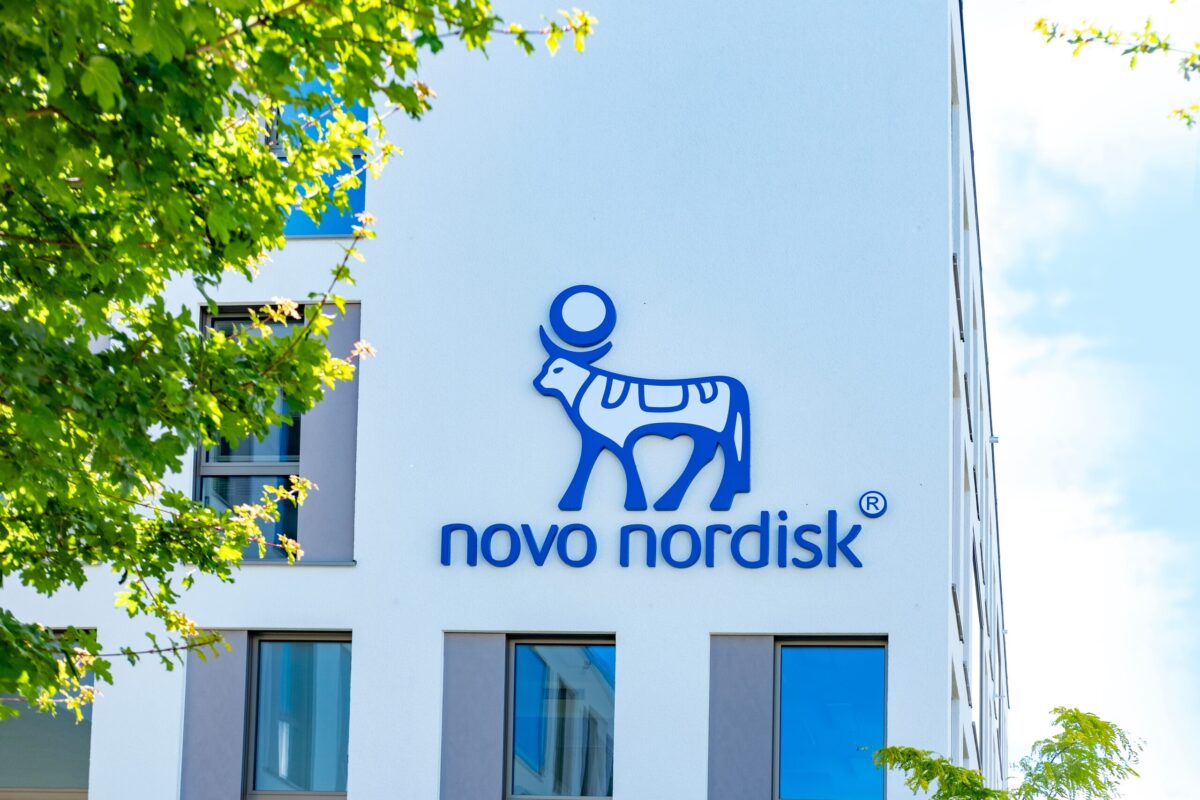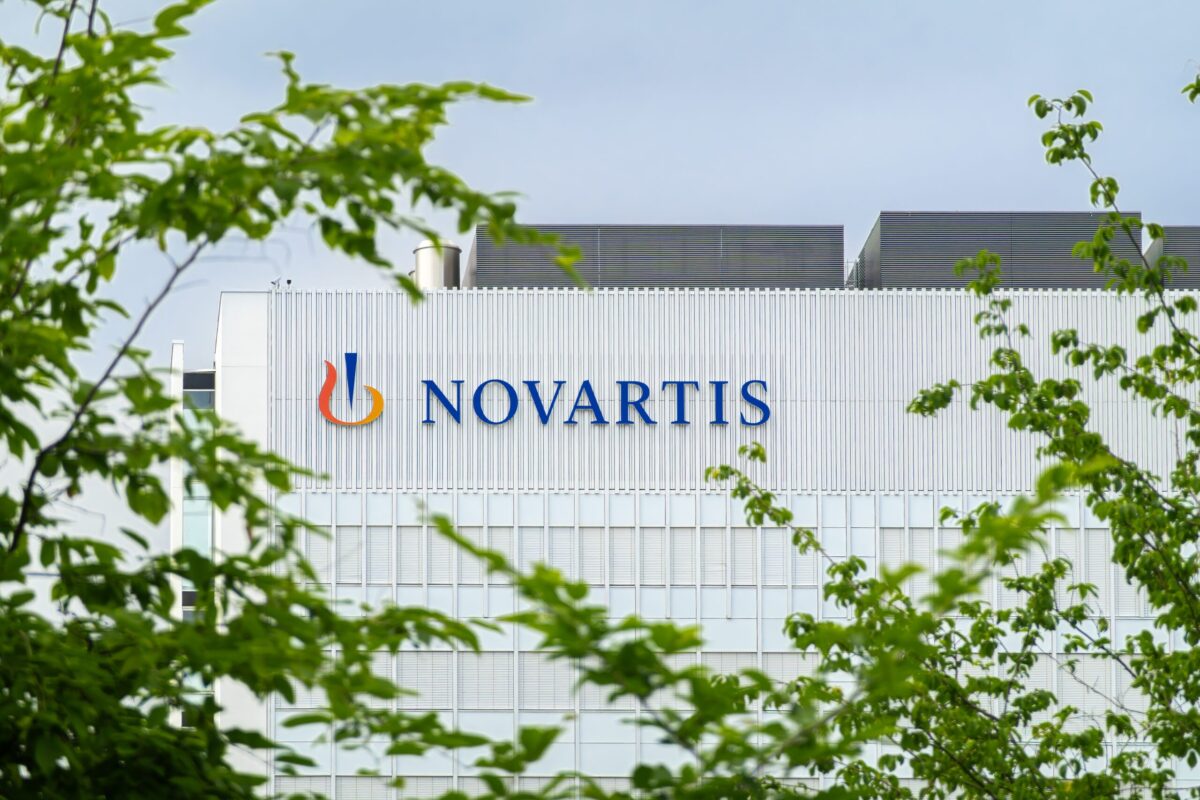World Autism Awareness Day 2024, observed annually on April 2, focuses on increasing awareness about autism spectrum disorders (ASD) and promoting understanding, acceptance and support for those living with ASD. This day is internationally recognized and is an opportunity for organizations, healthcare professionals, educators and communities to engage in activities that foster improved understanding and acceptance of people with ASD.
World Autism Awareness Day was established by the United Nations in 2007 to celebrate the unique talents and achievements of individuals with ASD.
With increase in the prevalence of autism over the years, awareness and education about it has become even more critical. According to the Centers for Disease Control and Prevention (CDC), about one in 44 children are identified with an ASD in the US. World Autism Awareness Day also focuses on the need for early diagnosis and intervention, in addition to the importance of access to appropriate care and education. Moreover, the day celebrates contributions of individuals with autism to society and recognizes their talent and potential.
It also helps highlight the importance of interdisciplinary approaches in autism care and research as well as highlight the importance of creating an inclusive work environment that recognizes and accommodates the requirements of employees with autism and leverages their unique skills and perspectives.
In terms of activities on World Autism Awareness Day, businesses and organizations can conduct educational campaigns and social media activities that draw attention to ASD.
Understanding ASD
ASD is considered to be a developmental disorder affecting communication and behavior. Although it can be diagnosed at any age, it is classified as a “developmental disorder” because symptoms related to ASD appear in the first two years of life. ASD comprises a broad range of conditions, such as challenges with social skills, repetitive behaviors, speech and nonverbal communication. In ASD, the term “spectrum” reflects the wide variation in challenges and strengths of each person with autism.
There are no specific causes of ASD, but studies suggest that both genetics and the environment play an important role. Autism can considerably vary from one individual to another, and although some with ASD can live independently, others may require support in their daily lives. Early diagnosis and intervention is important as it helps an individual with autism improve their ability to learn, communicate and participate in society.
ASD is now used for conditions that were previously considered to be separate such as autistic disorder, pervasive developmental disorder not otherwise specified (PDD-NOS) and Asperger’s syndrome. However, the term “Asperger’s syndrome” is still used and is generally thought to reflect the mild end of ASD.
For diagnosing ASD, evaluation by a team of experts such as psychologists, neurologists and speech therapists, is suggested. This assessment should include observing the individual’s behavior, interviewing parents or caregivers and performing standardized tests to evaluate social interaction, communication and play.
Treatment and Interventions for ASD
Various types of interventions can help individuals with ASD manage symptoms related to ASD, develop necessary skills and achieve their true potential. Therefore, treatment plans are tailored to an individual’s needs and can include the following:
- Behavioral therapies: Applied behavior analysis (ABA) focuses on improving specific behaviors such as social skills, communication, reading and academics, in addition to adaptive learning skills such as fine motor dexterity, hygiene, grooming, domestic capabilities, punctuality and job competence.
- Educational therapies: Children with ASD respond well to structured educational programs, which typically include a team of specialists and various activities to improve social skills, communication and behavior.
- Family therapies: Parents and siblings are asked to participate in an autistic individual’’s treatment program and provide strategies for managing their behavior and teaching them social communication skills.
- Occupational therapies: These help in skill development for daily living and independence. Therapists work on fine motor skills, sensory integration and adaptive behavior.
- Medications: There are no medications to cure ASD or treat its core symptoms. However, medications that can help manage symptoms such as insomnia, seizures and attention issues are administered to individuals, if necessary.
Recently, the use of artificial intelligence (AI) and machine learning is gaining considerable attention for the early detection of ASD and developing personalized treatment plans. Moreover, there is on-going research that is focused on obtaining insights into the causes of autism. In fact, in the healthcare and medical device industries, diagnostic tools and therapeutic devices that are more sensitive to the requirement of individuals with ASD are being developed, e.g., wearables that can monitor stress and anxiety levels or apps that facilitate communication for nonverbal individuals.
Related: Brain Awareness Week 2024: A Spotlight on Brain Health and New Treatments for Neurological Diseases
Developments in ASD Research
Recent developments in ASD research are focused on helping to improve the understanding and potential treatment of this condition. Here are some of the latest findings and ongoing projects:
- Early intervention and genetic insights: A significant project, REVERSEAUTISM, has focused on a genetic mutation in the BCKDK gene that affects the processing of important amino acids. In studies involving mice and a small group of infants, supplementation of amino acids using a high-protein diet demonstrated improvements in motor function and brain development.
- Protein interactions and ASD: A research team at the University of California San Francisco (UCSF) is examining the cellular workings of ASD. Using technologies such as stem cells, CRISPR-based genetic tools and AlphaFold 2 AI, researchers have developed comprehensive maps of protein interactions, which can help in the development of novel therapeutic drugs for ASD.
- Gene-protein relationships: Studies at UCSF are also focusing on understanding how about 100 ASD genes can lead to developmental problems, affecting 20 to 30 percent of individuals. This approach focuses on proteins that these genes encode and their interactions, thus providing insight into how mutated proteins affect developmental processes.
World Autism Awareness Day 2024 acts as a reminder of the importance of recognizing and appreciating the diversity and unique talents of individuals with ASD. This day calls on stakeholders from all sectors to focus on their roles in creating a more accommodating and supportive environment for those living with ASD. The observance of World Autism Awareness Day is also a call to action for increased research, better resources and more inclusive policies. It is an opportunity to celebrate progress and acknowledge the work that still lies ahead in understanding and supporting the autism community.
As we move forward, we should strive to create a world where individuals with autism are supported, valued and empowered to realize their full potential. Together, we can contribute to a society that is truly inclusive and where every person is celebrated for who they are.











Join or login to leave a comment
JOIN LOGIN